The Adventures takes the sudden immersion approach and contains little backstory, leaving the reader to absorb details and draw conclusions about the America of the 2300s along the way—including the important question of not just who but what our detective, Rhesus A. Macaque, is. Rhesus says his mother named him after his blood type. He is not a Rhesus, despite the hide, tail and the prehensile feet.
The answer to Reese’s identity, to give the thing away, is the incredible genomic diversity of his Dad combined with his Mom’s full set of robust primate genes. Obviously a case of Planned Parenthood. Reese Macaque and his many, many siblings are not an accident at all.
To some extent the “Tedboro” arc of stories asks, indirectly, What is government? Where do governments come from? Also, where do they go when they disappear? Just to state a fact, whole governments do regularly blink out of existence, some quietly, some with a bang.
It’s a question I keep reverting to. Rockfish bothers to describe at least some aspects of the rise and fall of various political regimes in Virginia and the U.S. over the period of the novel, from the 1750s to 2001. How various forms and levels of government change, at least at the local level, is never neglected. Since it is about groups of people, Rockfish never escapes the question of how groups regulate themselves and how they are regulated by other groups. All individuals in society live in just such webs. Fiction describing this could maybe be called social-realist fiction, and I guess that covers me, for lack of a better critic. The same impulse toward social realism is more obvious in The Southern Skylark, which seems to be about American Slavery in the Romantic Era, and Exemptions, about college life in 1969-1970, a year of revolution. The Macaque saga, in its undercurrents, is in the same vein.
But there’s no reason to be unamusing. I’m told that these new stories are a bit darker than the Adventures, less freewheeling and more serious. It’s 2020. I’m not deaf, dumb and blind, like the three monkeys. I hope the stories are still funny anyway.
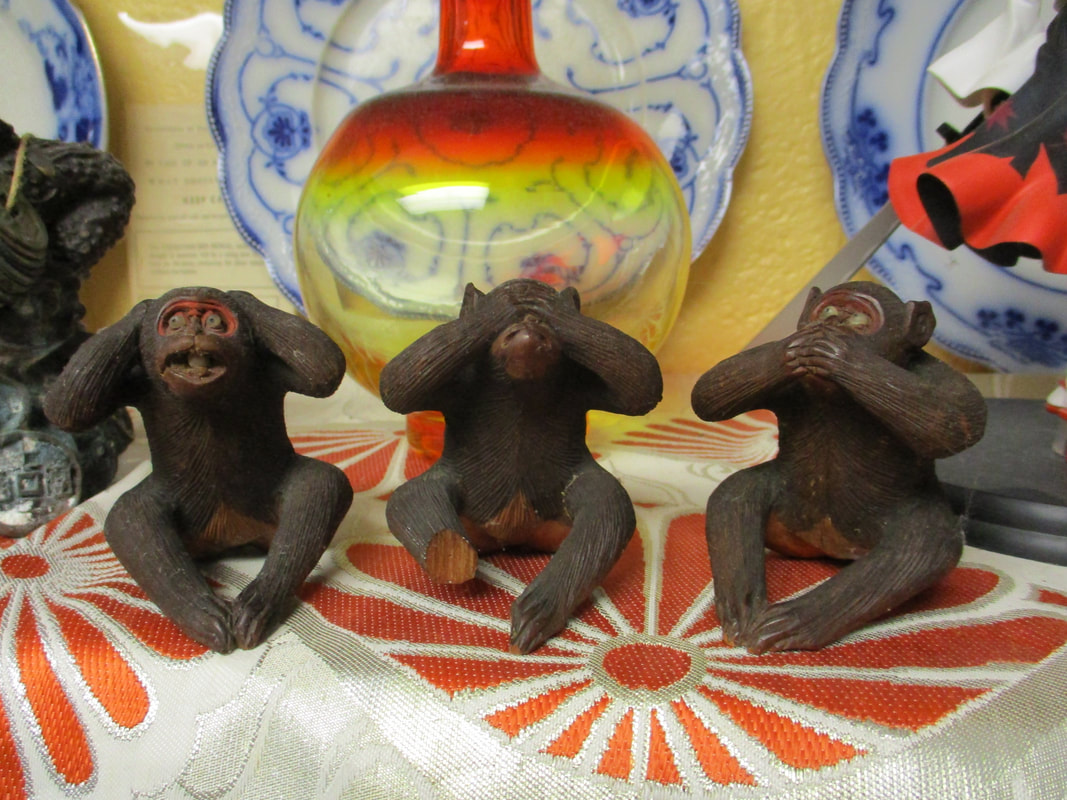




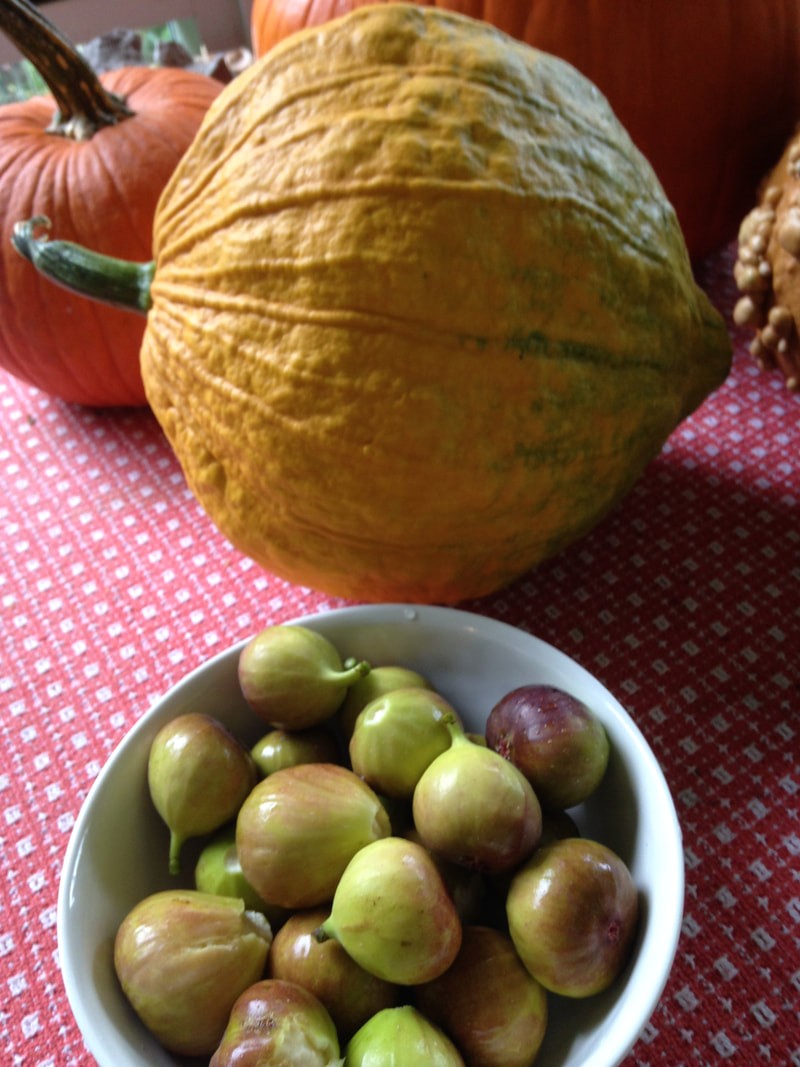

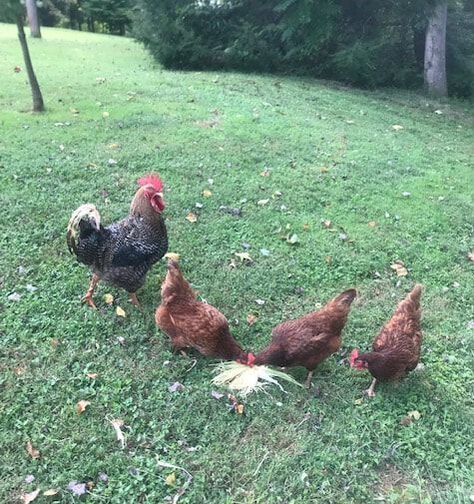
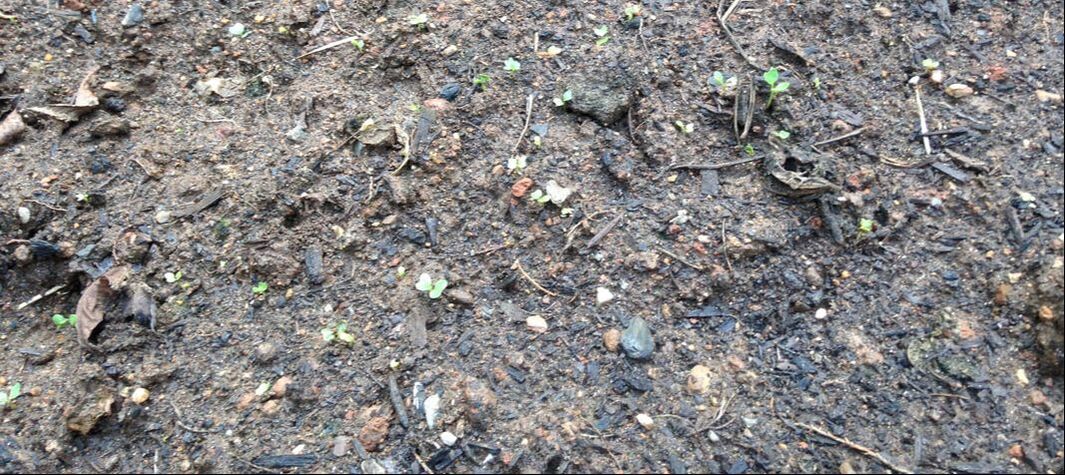

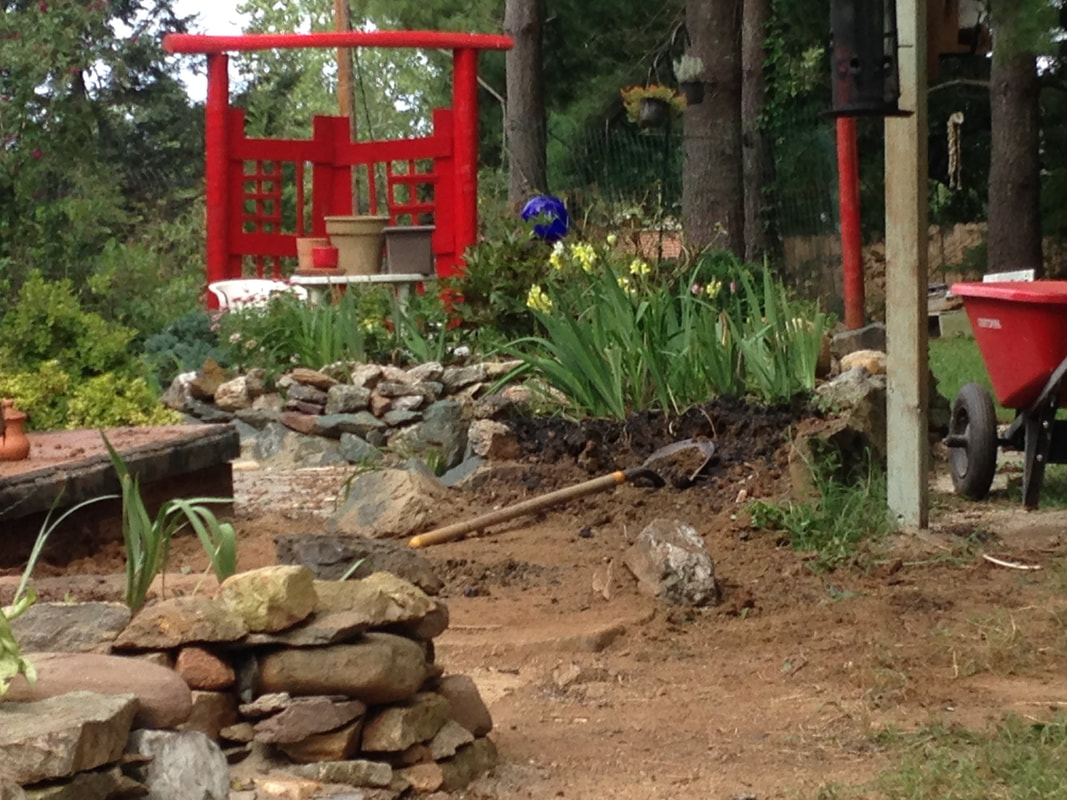



 RSS Feed
RSS Feed